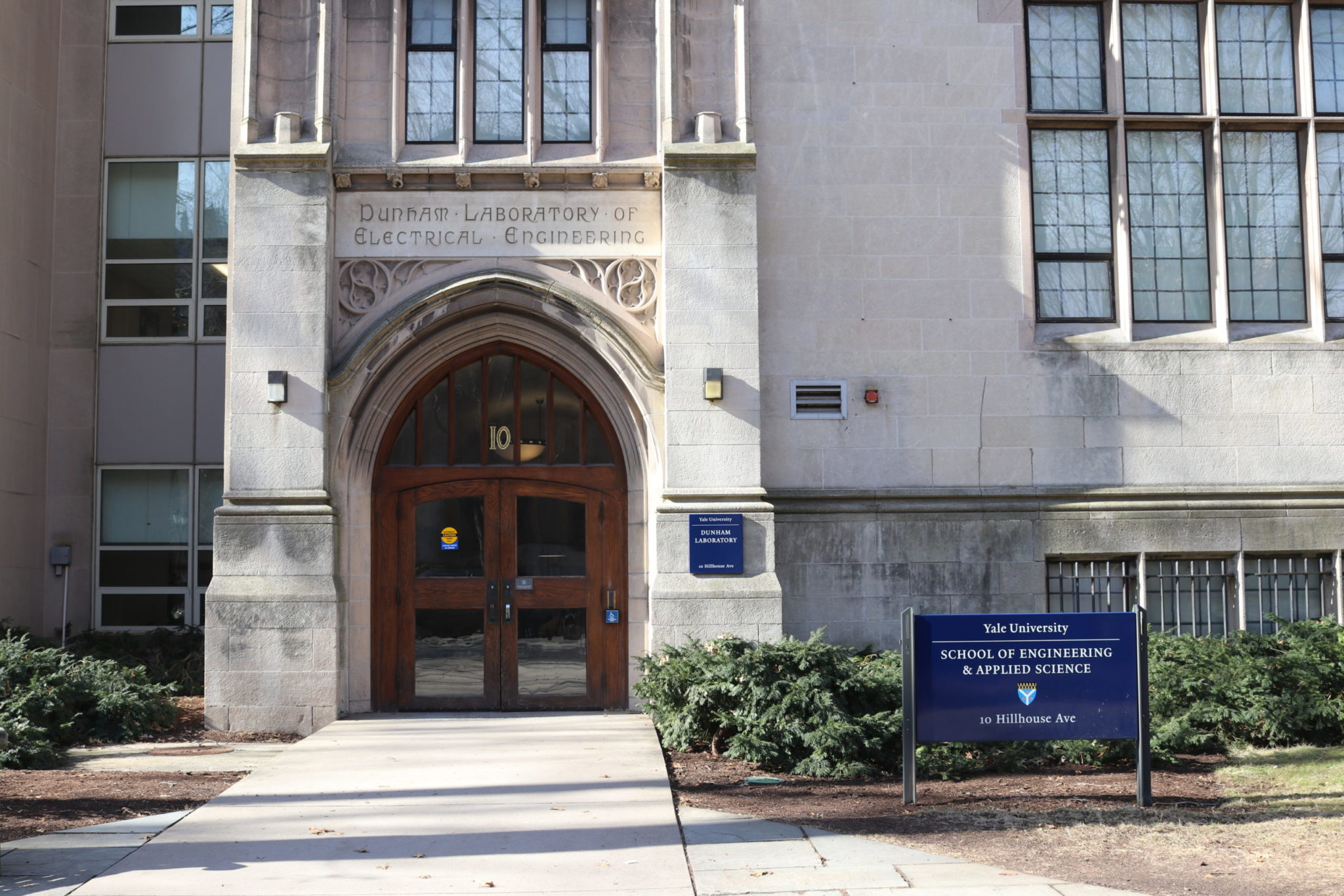Yale joins as research partner in $25 million Quantum Leap Challenge Institute
The University has joined in a multi-institutional project that seeks to exploit the behavior of complex quantum systems.

Yale Daily News
As of Sept. 2, Yale has been serving as a key academic partner of the Quantum Leap Challenge Institute for Robust Quantum Simulation, a project aimed at developing new technologies by achieving a better understanding of quantum systems.
The project was established thanks to $25 million of funding from the National Science Foundation, or NSF, to expand its network of three existing quantum institutes in the United States. The project was created alongside a fifth institute that specializes in quantum biological sensing.
Led by professor of computer science Andrew Childs at the University of Maryland, the project currently consists of experts from several other academic institutions, including Yale, Princeton, Duke and North Carolina State University. Shruti Puri, assistant professor with the Yale Department of Applied Physics, is spearheading the University’s contributions to the institute. There are also researchers from the National Institute of Standards and Technology involved in the project.
“Though quantum computing is an emerging technology … it is clear that it has the potential to let us do things that would not be possible with classical computers. … [It could] be used for pharmaceuticals or designing catalysts … [or] cur[ing] diseases,” Childs said.
When asked about his personal motivation to participate in the project, Jeff Thompson ’07, the leader of the institute’s branch at Princeton, cited the unique opportunities that this collaboration afforded for “let[ting] a lot of creative ideas be exchanged very quickly.” In addition to being multi-institutional, the initiative is also multidisciplinary, bringing together quantum scientists who identify with various branches of physics, computer science and engineering.
The collaborative logistics of the project emphasize meetings and workshops between participating research institutions, along with more specialized work designated to the team at each institution, according to Thompson and Childs.
Puri explained in an email to the News that her work for the project focuses on protecting quantum systems from exposure to various errors.
Other aspects of the project that researchers are currently exploring include the interaction of quantum simulators with the environment and possible ways to use this understanding for scientific or technological applications.
With each team of researchers focusing on a different area of quantum science, there is individual flexibility and freedom to pursue what they are each most passionate about — while maintaining the overarching thrust of the project, according to Childs.
It might even be helpful for the various teams to “build the same experiment in several different ways and make sure that you get the same answer across the different approaches” to reinforce better understanding and accuracy of the project’s endeavors, Thompson said.
But the Institute for Robust Quantum Simulation also encompasses an educational aspect that is evermore necessary with the increasing demand for quantum computation specialists in the technology and engineering sectors, according to Childs. Recognizing that not everyone has a doctorate in physics and the quantum sciences, a historical requirement for workers in the field, the project has sought to expand the field’s inclusivity and recruit workers from other backgrounds, Thompson explained.
Through education and career-readiness partnerships with Morgan State University and North Carolina Central University — both historically Black colleges and universities — the project offers relevant courses and research opportunities to students from traditionally underrepresented backgrounds in STEM. Thompson also referenced the extensive connections that the University of Maryland has with local K-12 organizations, explaining that the university may have plans to engage in developing and sustaining youth participation in quantum studies.
“The NSF is interested in really making these quantum leap challenge institutes broader than the universities that are currently members,” Childs said. “There’s a discussion going on now to make it possible for folks from other universities to get involved in research going on in the QLCIs.”
The institute is in its budding stages, with its research partners filling up administrative staff positions. Childs emphasized that the leaders are deciding how to prioritize the $25 million in funds they will be receiving from the NSF, a number that he said matches their ambitious proposal.
The NSF has awarded $9.6 million out of the $25 million to the project thus far.







